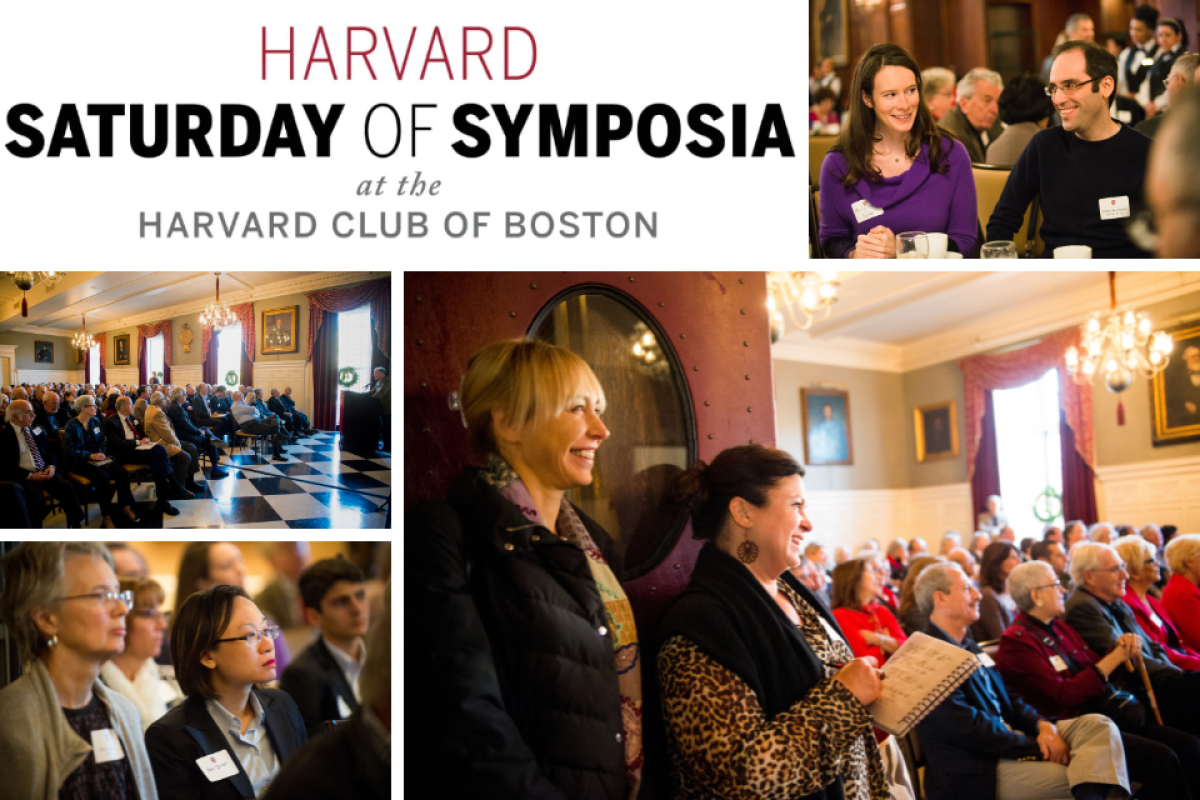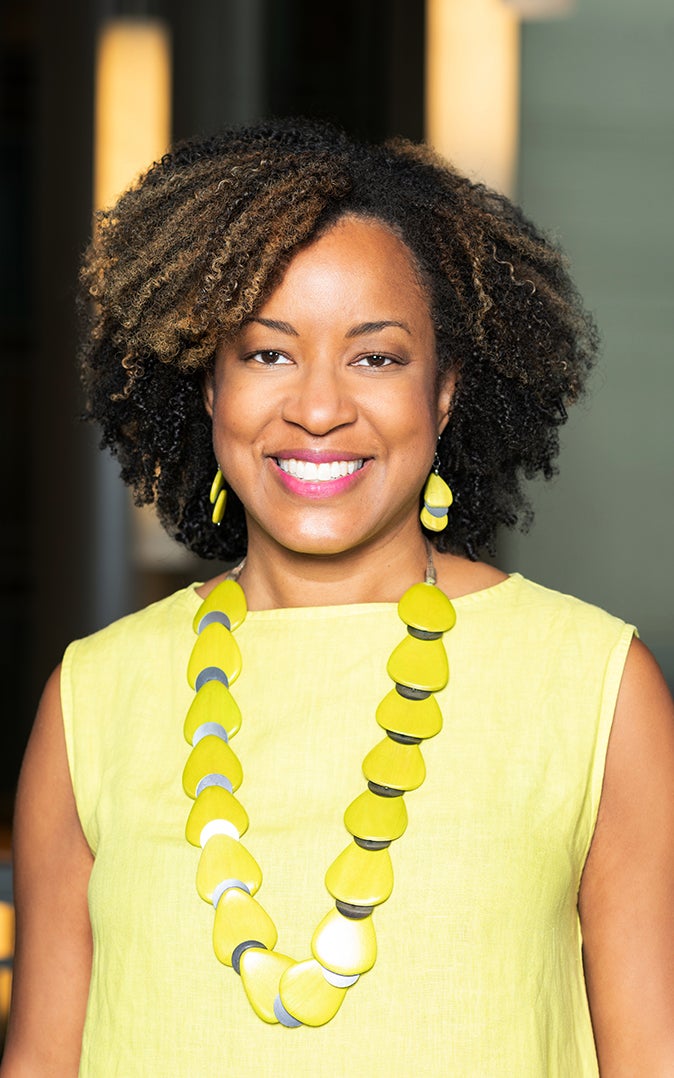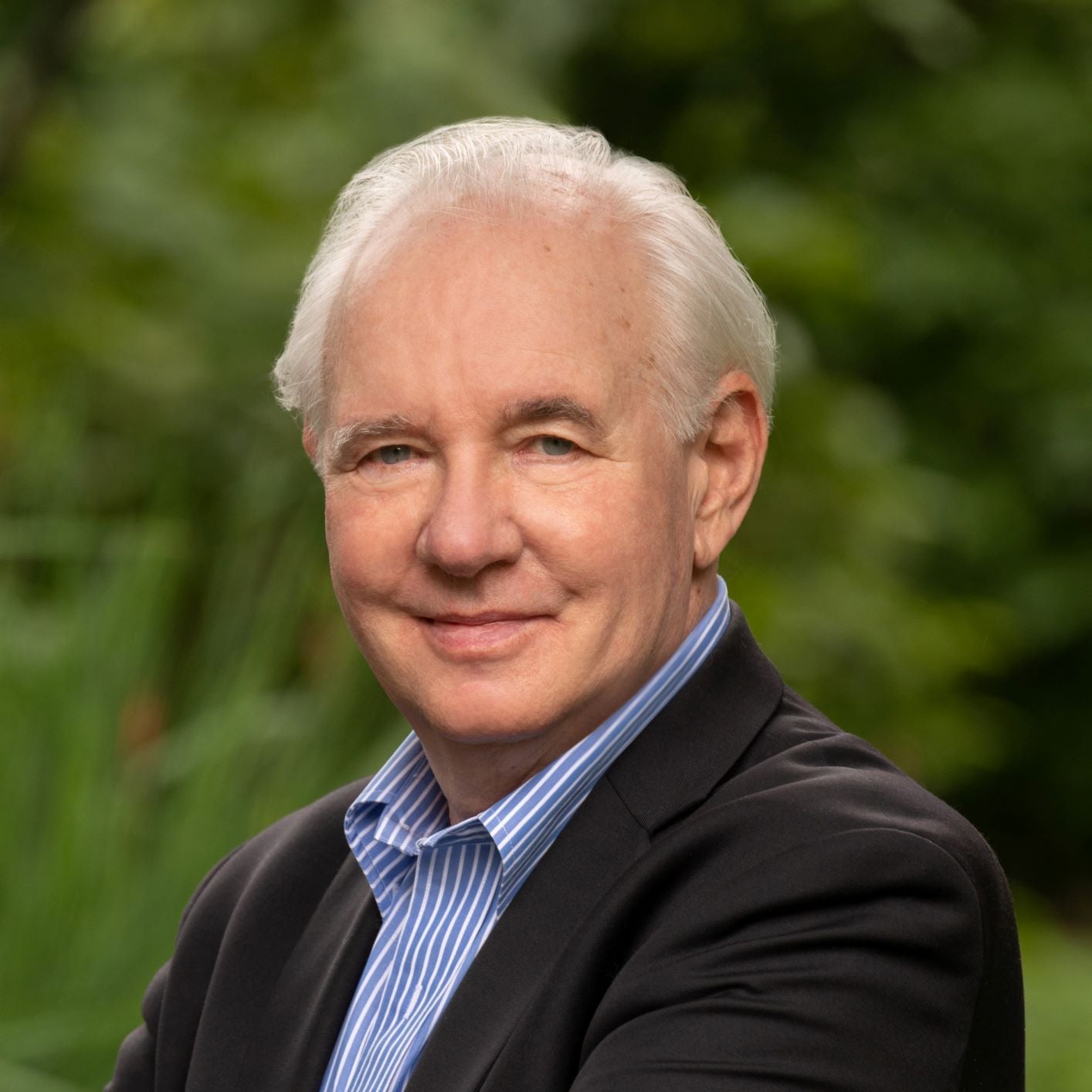Program
Harvard Club of Boston, 374 Commonwealth Avenue, Boston
8:30 a.m. to 9:15 a.m.
Registration and Coffee, Tea, and Muffins
9:15 a.m. to 10:30 a.m. — Welcome & Keynote Address
A Well-Rounded Education: Religion and the "People We Come Upon"
Marla F. Frederick, Dean of Harvard Divinity School, John Lord O’Brian Professor of Divinity, Professor of Religion and Culture, Professor of African and African American Studies
10:40 a.m. to 11:35 a.m. — Faculty Lectures
Research in the Era of the Psychedelic Renaissance: Challenges and Opportunities
Sharmin Ghaznavi, Instructor in Psychiatry at Harvard Medical School
Steve Haggarty PhD '03, Stuart and Suzanne Steele Research Scholar and Associate Professor of Neurology, Harvard Medical School
Jerrold Rosenbaum, Stanley Cobb Professor of Psychiatry at Harvard Medical School and Director, MGH Center for Neuroscience of Psychedelics
Join researchers from Massachusetts General Hospital's Center for the Neuroscience of Psychedelics as they explore the intersection of psychedelics and neuroscience, focusing on their potential to revolutionize psychiatric treatment. The panelists will discuss how classic psychedelics like LSD and psilocybin enhance neuroplasticity and alter brain connectivity, offering rapid therapeutic effects for conditions such as depression, PTSD, and OCD. They will also touch on the cultural dialogues surrounding both scientific research and the decriminalization of personal use. Discover how these powerful substances might transform mental health care.
Why Do We Still Have the Electoral College?
Alex Keyssar AB '69, PhD '77, Matthew W. Stirling, Jr. Professor of History and Social Policy, Faculty of Arts and Sciences
Professor Alex Keyssar will share his current and upcoming projects, as well as his thoughts on the state of American democracy and the persistence of the Electoral College.
11:45 a.m. to 12:40 p.m. — Faculty Lectures
Growing Up with AI: How It Shapes Child Development
Ying Xu, Assistant Professor of Education, Harvard Graduate School of Education
In this talk, Dr. Ying Xu will explore the role and impact of artificial intelligence (AI) on children’s cognitive and social development. Drawing on her research in partnership with public media sectors, Xu will discuss how children interact with, perceive, and learn from AI, as well as their trust in their "AI companions." Xu will also examine emerging directions regarding whether generative AI tools influence curiosity, creativity, and critical thinking. This discussion may provide evidence-based insights for creating AI technologies that are inclusive, safe, and beneficial for children.
Beyond Hashtags: Responses to Sexual Violence and the Intersections of #metoo, #BLM and #defund
Rebecca Richman Cohen JD '07, Lecturer on Law, Harvard Law School
From 2017 to 2021 we lived through a moment of unprecedented public awareness about sexual violence, captured in the #metoo hashtag. At the same time, we witnessed a powerful national reckoning with the racialized violence of the criminal legal system. But what happens when certain responses to the sexual violence described by #metoo run headlong into the systemic racism decried by #blacklivesmatter and #defund? In this session, documentary filmmaker and Harvard faculty member, Rebecca Richman Cohen will screen excerpts of her work and discuss the impact of her filmmaking, exploring the role of documentary storytelling and social movements.
12:45 p.m. to 2:30 p.m. — Lunch, Dessert, and Discussion
2:30 p.m. to 3:30 p.m. — Happy Hour in Club Pub (Optional)
In-Person Program Costs
Harvard Club of Boston Member Price per member: $67 (member fees not included)
Non-Member Price per person: $75
Harvard Graduate Student: $55
Optional Happy Hour (limited availability): Additional $10 per person
Livestream Program Costs
Harvard Club of Boston Member Price per member: $22 (member fees not included)
Non-Member Price per person: $40
Harvard Graduate Student: $15
Continental breakfast, all Harvard faculty presentations, and lunch are included for this in-person program at the Harvard Club of Boston.
Register Now

 Marla Frederick is the John Lord O’Brian Professor of Divinity and 18th Dean of Harvard Divinity School, the first woman to hold this position in the school’s 207 year history. Prior to this appointment, she served as the Asa Griggs Candler Professor of Religion and Culture at Emory University’s Candler School of Theology from 2019-2023. She returns to Harvard having served there as a professor of Religion and African and African American studies in the Faculty of Arts and Sciences from 2003-2019. A graduate of Spelman College with a BA in English, Dr. Frederick earned her PhD in cultural anthropology at Duke University. She continued her work as a post-doctoral fellow at Princeton University’s Center for the Study of Religion and at the Interdenominational Theological Center’s Office of Black Women in Church and Society.
Marla Frederick is the John Lord O’Brian Professor of Divinity and 18th Dean of Harvard Divinity School, the first woman to hold this position in the school’s 207 year history. Prior to this appointment, she served as the Asa Griggs Candler Professor of Religion and Culture at Emory University’s Candler School of Theology from 2019-2023. She returns to Harvard having served there as a professor of Religion and African and African American studies in the Faculty of Arts and Sciences from 2003-2019. A graduate of Spelman College with a BA in English, Dr. Frederick earned her PhD in cultural anthropology at Duke University. She continued her work as a post-doctoral fellow at Princeton University’s Center for the Study of Religion and at the Interdenominational Theological Center’s Office of Black Women in Church and Society.


 Rebecca Richman Cohen is an Emmy-nominated documentary filmmaker who teaches courses on media theory and advocacy. Through her work, she has examined a range of topics, including the prosecution of war crimes in Sierra Leone, responses to sexual violence in the US, cannabis legalization, and biodynamic winemaking. Her most recent film, The Recall: Reframed (broadcast on MSNBC) is the first in a trilogy of short films about mass incarceration, sexual violence, and racial justice. Her SXSW and Tribeca-award winning documentaries have been hosted on platforms including HBO, Amazon, Netflix, New York Times, LA Times, Al Jazeera, public television, and more. She has taught at RISD, American University’s Human Rights Institute, and Columbia University’s Institute for the Study of Human Rights, and has held fellowships with Open Society Foundations, Harvard’s Berkman Klein Center for Internet and Society, Harvard’s Film Study Center, and the Nieman Foundation for Journalism. She lives in Cambridge, Massachusetts with her very good dog and some nice humans too.
Rebecca Richman Cohen is an Emmy-nominated documentary filmmaker who teaches courses on media theory and advocacy. Through her work, she has examined a range of topics, including the prosecution of war crimes in Sierra Leone, responses to sexual violence in the US, cannabis legalization, and biodynamic winemaking. Her most recent film, The Recall: Reframed (broadcast on MSNBC) is the first in a trilogy of short films about mass incarceration, sexual violence, and racial justice. Her SXSW and Tribeca-award winning documentaries have been hosted on platforms including HBO, Amazon, Netflix, New York Times, LA Times, Al Jazeera, public television, and more. She has taught at RISD, American University’s Human Rights Institute, and Columbia University’s Institute for the Study of Human Rights, and has held fellowships with Open Society Foundations, Harvard’s Berkman Klein Center for Internet and Society, Harvard’s Film Study Center, and the Nieman Foundation for Journalism. She lives in Cambridge, Massachusetts with her very good dog and some nice humans too.
